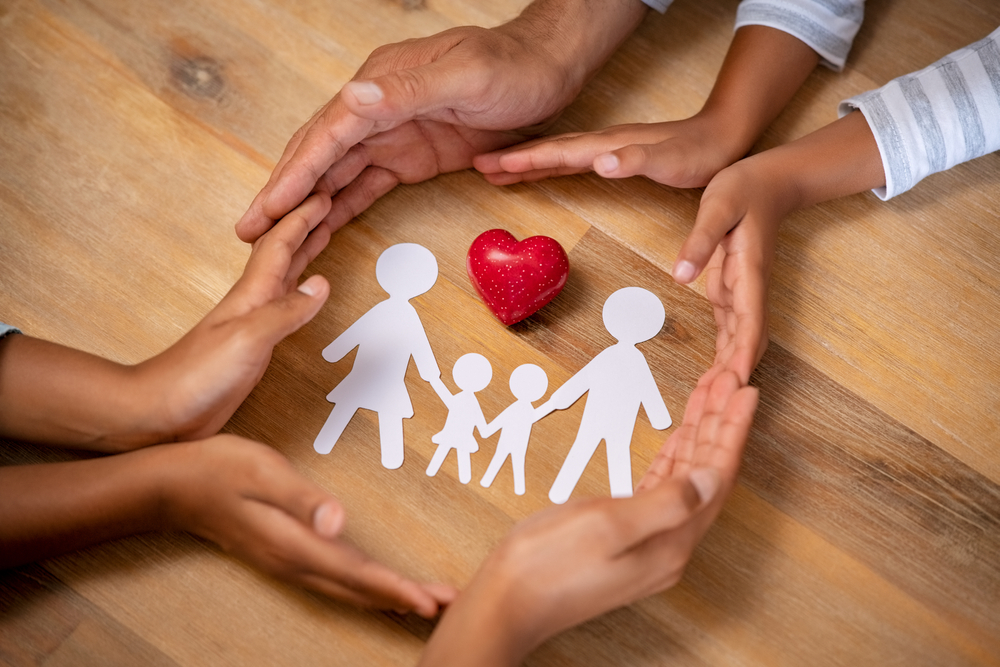How Rituals Support Family Traditions
In a rapidly changing world, where technology and modern lifestyles often dominate daily life, the importance of family traditions remains steadfast. At the heart of these traditions lie rituals—repeated actions or ceremonies imbued with meaning that help bind families together across generations. Rituals not only preserve history and culture but also create a sense of identity, belonging, and continuity. This article explores how rituals support family traditions, highlighting their role in strengthening familial bonds, fostering cultural heritage, and providing stability in an ever-evolving society.

The Role of Rituals in Strengthening Family Bonds
Rituals serve as a powerful tool for reinforcing connections among family members. Whether it’s a weekly Sunday dinner, holiday celebrations, or birthday customs, these repeated practices create shared experiences that nurture emotional closeness.
Creating Shared Memories
Rituals provide a framework for families to come together and engage in meaningful activities. For example, a family might have a tradition of baking a special cake every birthday or decorating the home together during holiday seasons. These moments become cherished memories, contributing to a collective family story that members can recall fondly. The predictability and repetition of rituals offer a comforting rhythm that strengthens relationships.
Enhancing Communication and Understanding
Family rituals often involve storytelling, sharing experiences, and expressing emotions. During these occasions, family members have opportunities to listen and learn from one another, fostering empathy and mutual respect. Rituals encourage open communication, helping to resolve conflicts and build trust. For children, participating in family rituals can offer a safe space to understand their heritage and family values, which is essential for their emotional and social development.
Preserving Cultural Heritage and Identity
Beyond the immediate family unit, rituals play an essential role in maintaining cultural traditions and passing them down through generations. They act as living bridges between the past and present, ensuring the survival of unique customs and beliefs.
Connecting Generations Through Rituals
In many families, rituals are rooted in cultural or religious practices that have been observed for centuries. For example, rituals such as lighting candles during Diwali, celebrating Thanksgiving dinners, or observing Shabbat dinners in Jewish households are not only religious or cultural acts but also family traditions that connect generations. These rituals help younger family members understand their ancestry and the values embedded in their culture.
Adaptation and Continuity
While rituals often have deep historical roots, they are not static. Families frequently adapt rituals to fit contemporary lifestyles, making them relevant for each generation without losing their essence. This adaptability ensures that traditions remain alive and meaningful. For instance, a family might shift from gathering in a physical location to a virtual meeting space to celebrate holidays when members are geographically dispersed. This flexibility highlights how rituals support the continuity of family traditions in the face of societal changes.
Providing Stability and Comfort in Changing Times
The 21st century has brought unprecedented changes—globalization, digital communication, and shifting social norms. Amid this flux, family rituals serve as anchors, providing stability and comfort.
Offering Predictability in an Unpredictable World
Rituals create a sense of order and predictability, which can be especially reassuring during times of stress or uncertainty. For example, families often turn to holiday rituals or annual celebrations to reconnect and recharge. The familiarity of these rituals can reduce anxiety and foster resilience, reminding family members that they are part of a supportive unit.
Supporting Mental and Emotional Well-being
Participating in family rituals has been linked to improved mental health. Rituals provide opportunities for emotional expression, social support, and a sense of purpose. For instance, a ritual of sharing gratitude during Thanksgiving or a family walk every weekend can promote positive emotions and reduce feelings of isolation. In 2025, as mental health awareness continues to grow, the therapeutic benefits of family rituals are increasingly recognized as vital components of holistic well-being.
Conclusion
Rituals are the lifeblood of family traditions, offering more than just repetitive actions—they are meaningful practices that nurture relationships, preserve cultural identity, and provide stability. In 2025, as families navigate the complexities of modern life, the role of rituals in supporting family traditions remains as crucial as ever. By engaging in rituals, families create enduring bonds, pass down values, and find comfort amidst change. Embracing and adapting family rituals ensures that traditions thrive, enriching the lives of current and future generations.
Disclaimer: All content, including text, graphics, images and information, contained on or available through this web site is for general information purposes only. The information and materials contained in these pages and the terms, conditions and descriptions that appear, are subject to change without notice.





